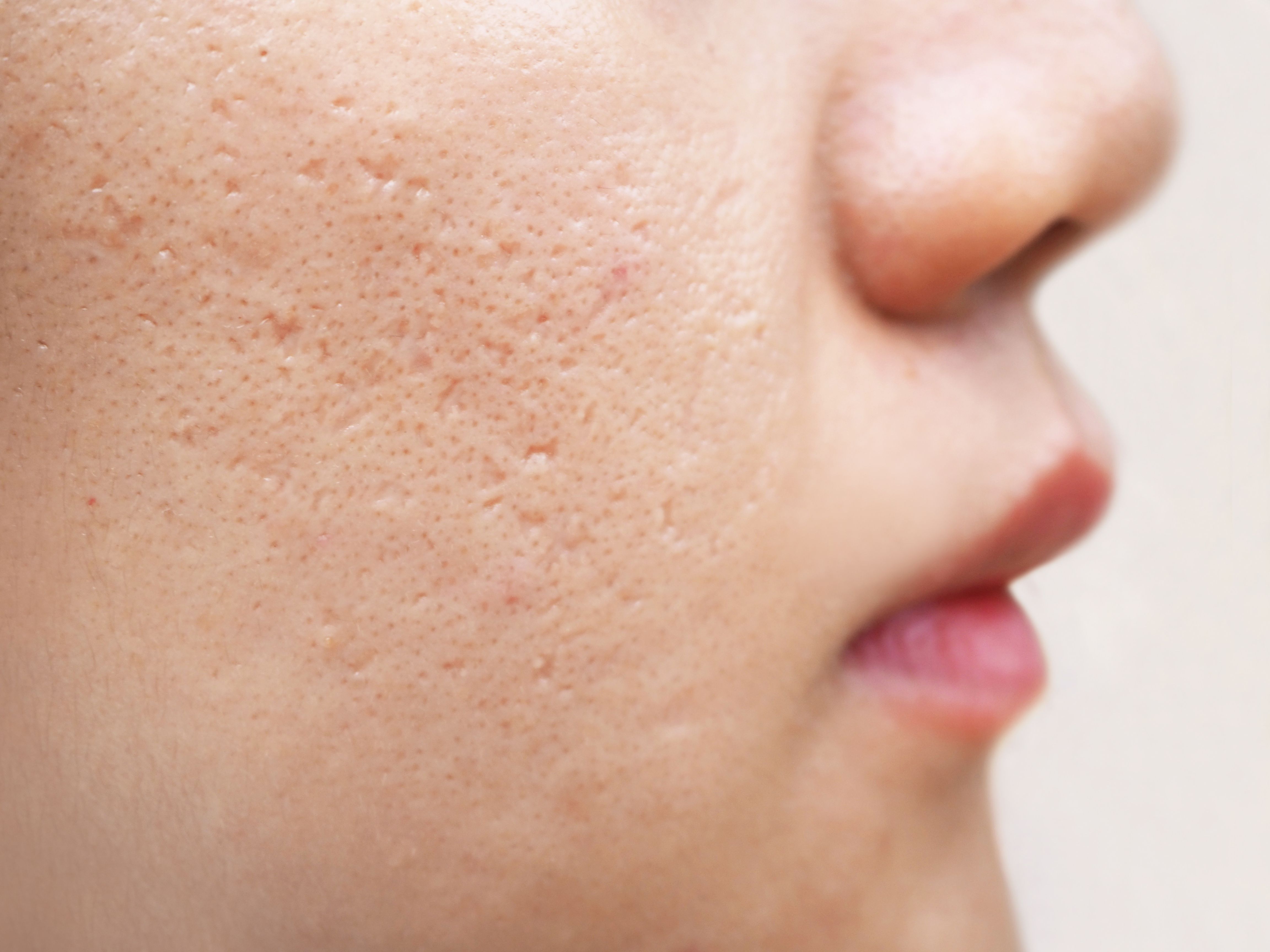- Case-Based Roundtable
- General Dermatology
- Eczema
- Chronic Hand Eczema
- Alopecia
- Aesthetics
- Vitiligo
- COVID-19
- Actinic Keratosis
- Precision Medicine and Biologics
- Rare Disease
- Wound Care
- Rosacea
- Psoriasis
- Psoriatic Arthritis
- Atopic Dermatitis
- Melasma
- NP and PA
- Skin Cancer
- Hidradenitis Suppurativa
- Drug Watch
- Pigmentary Disorders
- Acne
- Pediatric Dermatology
- Practice Management
- Prurigo Nodularis
- Buy-and-Bill
Article
The truth about topicals: Effectiveness of anti-aging agents revealed
Author(s):
High Point, N.C. - The public is being inundated with advertisements about expensive topical agents that purport to have anti-aging properties. However, dermatologists can help their patients be savvy consumers by demystifying the manufacturers? claims.
High Point, N.C. - The public is being inundated with advertisements about expensive topical agents that purport to have anti-aging properties. However, dermatologists can help their patients be savvy consumers by demystifying the manufacturers’ claims.
"The most important thing to remember is that all anti-aging products applied to the face are basically moisturizers, no matter how exotic the formulation," says Zoe D. Draelos, M.D. She is the primary investigator for Dermatology Consulting Services in High Point, N.C.
"If you look at 80 percent of claims made for anti-aging topical agents, they’re moisturizers. Whether the products are sold at discount stores, at cosmetic counters in department stores, on the Internet, or in the dermatologist’s office, they’re moisturizers, and they function to smooth the skin. Even if the product has algae, green tea, pomegranate or grapeseed oil, the work house is the moisturizer," she says.
The reason for this is that a moisturizer improves the appearance of the skin more effectively than any other product, she adds, noting that the high-end products that are promoted as "anti-aging" often will also make claims of adding " clarity" and "reduction in the appearance of wrinkle, " clues that the product utilizes optical effects to enhance the user’s appearance.
Products with the claim of adding clarity use light to create a more youthful appearance, Dr. Draelos says. For example, they often contain light-reflecting ingredients so they add sheen to the face. Those that purport to reduce the appearance of wrinkles often contain polymers that fill in the wrinkles temporarily.
Demystifying ingredients
Dermatologists can also help patients gain perspective on heavily promoted ingredients in these products such as antioxidants, peptides and melanocyte regulators.
"These typically contain an ingredient so that they can make those claims," Dr. Draelos explains. Examples of ingredients that are promoted as having antioxidant properties include grapeseed oil, green tea and wild mushrooms.
"A lot of these products contain an antioxidant in the form of exotic plant derivatives, such as white tea leaves, so called because they are white when they first emerge from the ground. Every company has an exotic extract that they put in and claim that, because of this ingredient, the product prevents oxidative damage that can further damage the skin, " she says. The problem is that antioxidants prevent damage that will occur in the future, thus the impact of long-term topical antioxidants is unknown.Patients need to know that when a manufacturer makes a claim based on an ingredient’s properties, the claim is not about the efficacy of including the ingredient in the product.
"The antioxidant claims are soft claims and are not related to efficacy," Dr. Draelos says. "That’s why the moisturizer claims are so robust. The manufacturer will say, for example, that the product improves smoothness by 60 percent. You’ll never see a claim that the product reduces oxidation by 52 percent. "
Manufacturers also emphasize ingredients such as peptides, growth factors and other substances that are supposed to create a signal to stop damaging the collagen, produce more collagen, replicate the DNA and make younger-looking skin cells.
"The peptide claims are basically moisturizer claims again, " Dr. Draelos says. "Smoother, softer skin can be obtained from a moisturizer with or without peptides. Peptides are tested on fibroblasts in Petri dishes and their effect is analyzed with gene chip arrays. This is not a physiologically relevant model. "
Other products are associated with metabolic claims, such as "speeding up the cell," she says. "Those claims are appearance claims: younger looking by speeding up the cell sounds scientific, but it’s really about the appearance. "
Improving appearance
The dermatologist can help patients greatly by helping them to discern what the products are really doing versus the claims that are being marketed to consumers.
" When a patient says she wants a product that speeds up the metabolism, you need to help her determine whether that action really improves appearance," Dr. Draelos says. " If the manufacturer claims that a product ’repairs DNA,’ we need to ask, ’what does that mean?’’"
The dermatologist also needs to educate patients that topical anti-aging agents really do not undo the effects of time. "The moisturizer will never make your skin look as good as undamaged skin" Dr. Draelos says.
The bottom line is that products promoted as topical anti-aging agents are moisturizers that are designed to improve the construction of the skin barrier. Therefore, older people who have more skin damage will see more improvement than will younger people.
"We need to tell patients: You can buy an affordable moisturizer or one that’s thousands of dollars a jar," Dr. Draelos says. "Patients need to decide whether that’s a good use of their money."
Once patients know what the products do and what they do not do, patients can use the products, evaluate their effects and base a purchasing decision on those results, rather than on manufacturers’ claims. DT






